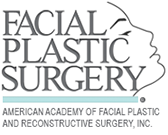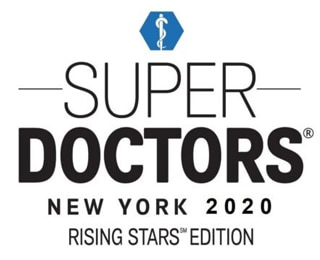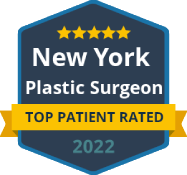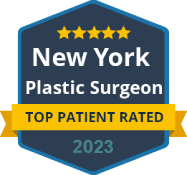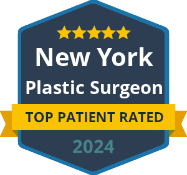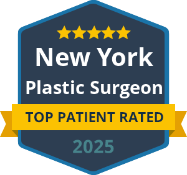Scars are the body’s natural mechanism for healing wounds. Scars form in different ways, according to several factors, including the type of injury, location, the patient’s age and any genetic factors. For example, some people, particularly those with deeper skin pigmentation, are genetically predisposed to hypertrophic or keloid scars. Here’s what you should know about keloid scars and what can be done to treat them.
What is a Keloid Scar?
Keloid scars are raised scar forms when the body overproduces collagen in response to an injury. They can be unsightly and sometimes painful but do not harm your health.
Keloid scars can form anywhere on the body, but they are most common on the chest, back, shoulders and earlobes. They can be caused by any type of injury, including surgery, burns, piercings and even acne. Some people are more prone to keloid scarring than others, and genetics may play a role in their development.
The symptoms of a keloid scar include a raised, thickened appearance, redness and itching. In some cases, the scar may even continue to grow over time. Keloid scars are not dangerous, but they can be a source of embarrassment or discomfort for some people.
Keloids can also grow to massive sizes, causing emotional harm and functional damage. In addition, they often require expert surgical procedures to remove and prevent them from returning.
How Are Keloid Scars Treated?
Several treatment options are available for keloid scars, including topical creams, injections and surgery. Topical creams like silicone gel can help reduce the appearance of the scar and prevent further growth. Injections of corticosteroids can also effectively reduce the scar’s size and relieve itching. In more severe cases, surgery may be necessary to remove the scar.
Can Keloid Scars Be Prevented?
Preventing keloid scars can be difficult, but there are some steps you can take to reduce your risk. Avoiding unnecessary piercings or tattoos, keeping wounds clean and covered and using sunscreen to protect scars from sun damage can all help prevent keloid scarring.
If you develop a keloid scar, seeking medical treatment to prevent further growth and discomfort is essential. Dr. Khosh can recommend the best treatment options for your individual case.
Keloid Scar Treatment in New York
Keloid scars are a common type of raised scar that can be unsightly and uncomfortable. While they are not harmful to your health, they can be a source of embarrassment or discomfort for some people. Maurice M. Khosh, MD, FACS, is a New York Facial Plastic Surgeon who uses the most advanced techniques and procedures available to treat and prevent oppressive and troublesome keloid scars. Contact our office today to schedule an exam and consultation with Dr. Khosh and learn more about how we can help you get rid of troubling hypertrophic scars.


